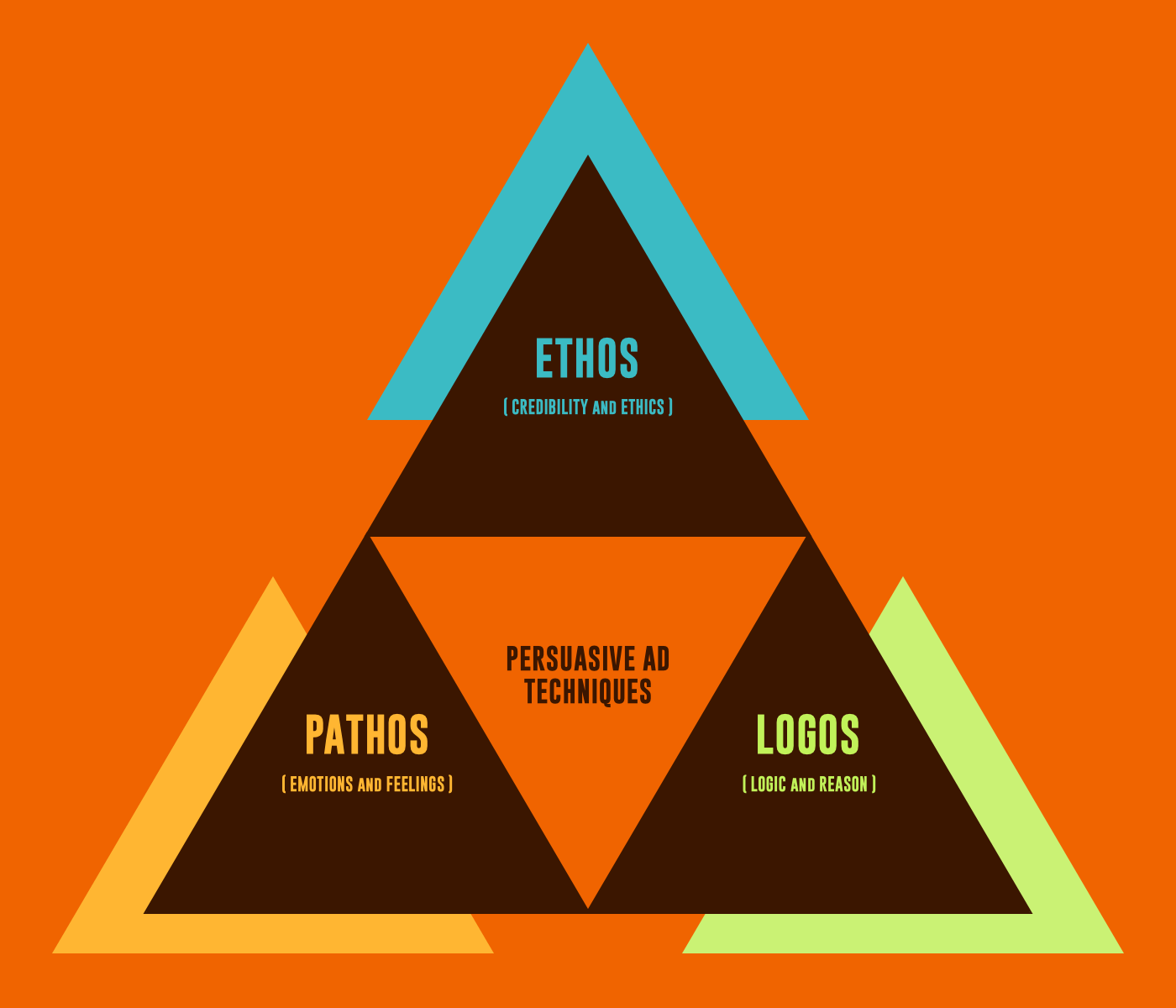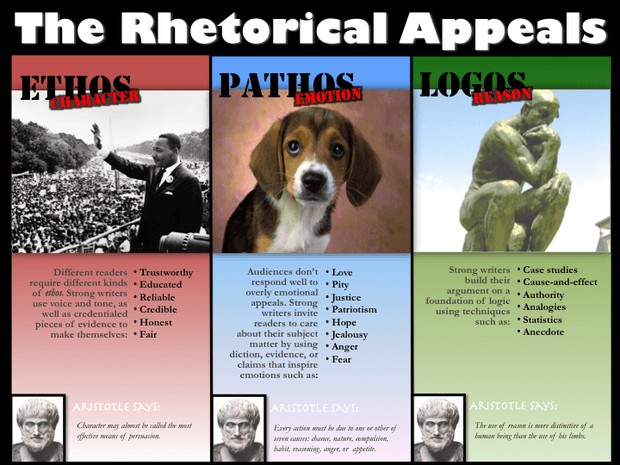Logos Definition Rhetoric
Updated on March 08 2019 In classical rhetoric logos is the means of persuasion by demonstration of logical proof real or apparent Plural logoi Also called rhetorical argument logical proof and rational appeal Logos is one of the three kinds of artistic proof in Aristotle s rhetorical theory What is logos? Logos was introduced by the philosopher Aristotle as one of the modes of persuasion, alongside ethos, pathos, and kairos.In his work The Art of Rhetoric, Aristotle describes logos as “reasoned discourse” in which a writer or speaker provides facts, figures, and additional information to establish their points.. Logos is.

Ethos Pathos and Logos Definition and Examples Ethos Pathos and Logos are modes of persuasion used to convince audiences They are also referred to as the three artistic proofs Aristotle coined the terms and are all represented by Greek words Logos is a rhetorical device that includes any content in an argument that is meant to appeal to logic. Logos is one of the three Aristotelian appeals. A writer utilizes the three appeals in order to convince his audience of his argument. The other two appeals are ethos (ethics) and pathos (emotion).

Logos Definition Rhetoric
Logos is a literary device that can be described as a statement sentence or argument used to convince or persuade the targeted audience by employing reason or logic In everyday life arguments depend upon pathos and ethos besides logos Let s take a look at logos examples in literature and debates Definition of logos in literature. logos definition speech definition and examples of logos in rhetoric Definition and examples of logos in rhetoric.
Rhetorical Appeals 1 5K Plays Quizizz

Pathos Ethos Logos Rhetoric Blog
Logos Logos or the appeal to reason relies on logic or reason Logos often depends on the use of inductive or deductive reasoning Inductive reasoning takes a specific representative case or facts and then draws generalizations or conclusions from them Inductive reasoning must be based on a sufficient amount of reliable evidence Logos. Greek spelling of logos. Logos ( UK: / ˈloʊɡɒs, ˈlɒɡɒs /, US: / ˈloʊɡoʊs /; Ancient Greek: λόγος, romanized : lógos, lit. 'word, discourse, or reason') is a term used in Western philosophy, psychology and rhetoric, as well as religion (notably Christianity ); among its connotations is that of a rational form of .
The term logos is used to refer to the use of logic and reasoning in crafting a piece of persuasive writing or rhetoric Building a logical case can take time and effort but understanding logos and being able to make effective logical appeals can elevate your writing and help engage your reader Learn From the Best Community Government Definition of Logos. In literature and rhetoric, logos is an appeal to logic. It is one of the three modes of persuasion that Aristotle defined in his Ars Poetica. The other two modes of persuasion, as delineated by Aristotle, are pathos (an appeal to the audience’s emotions) and ethos (an appeal to the ethics of the audience).
